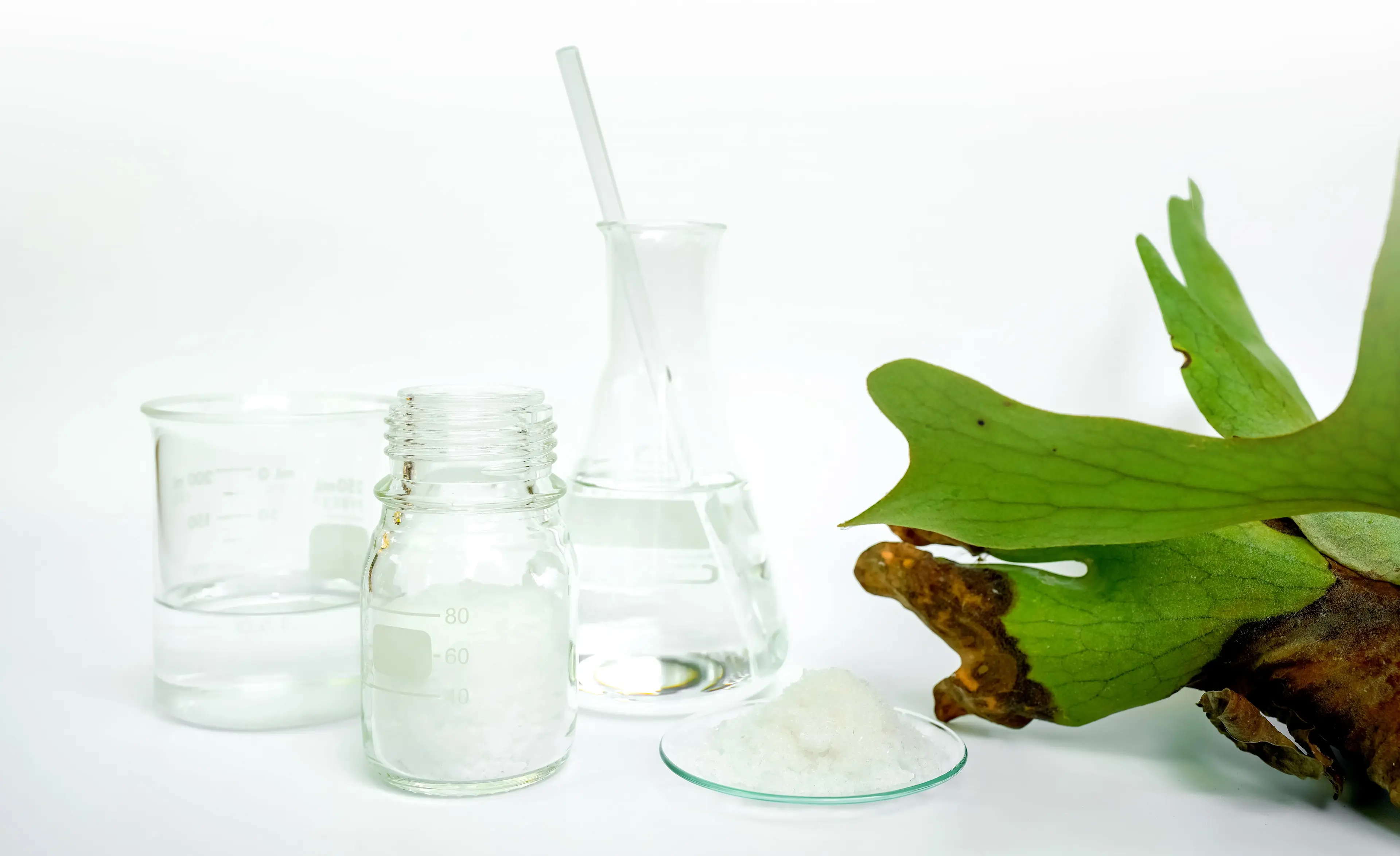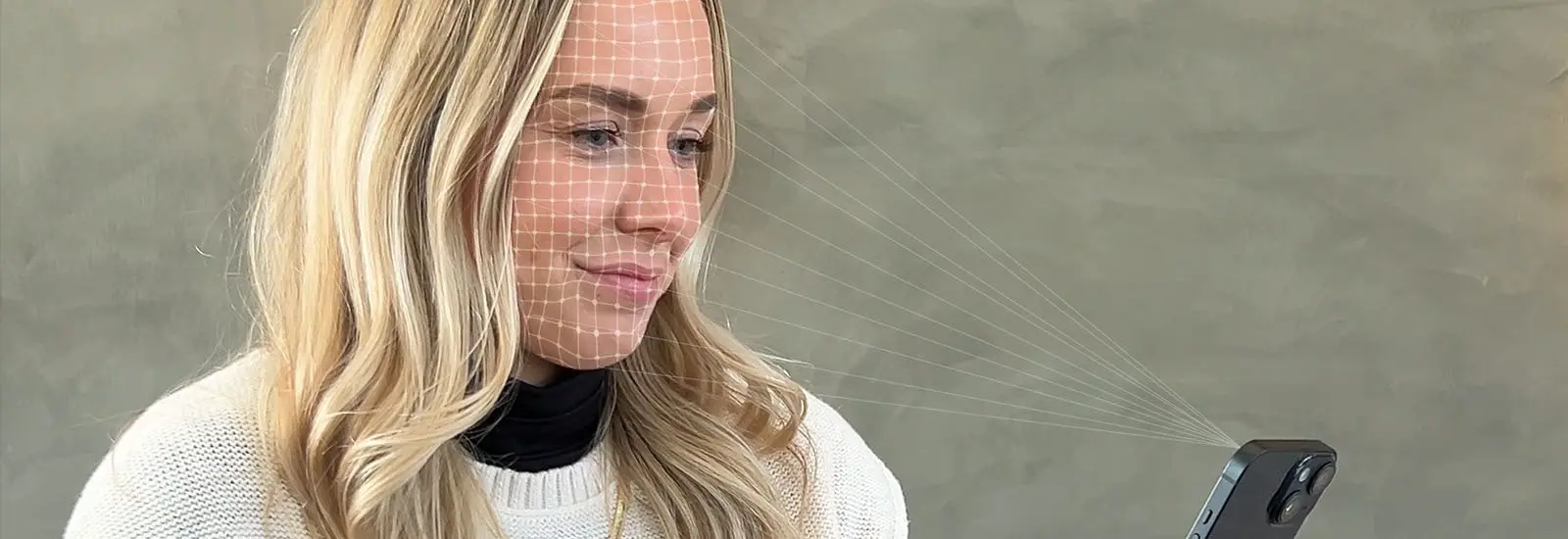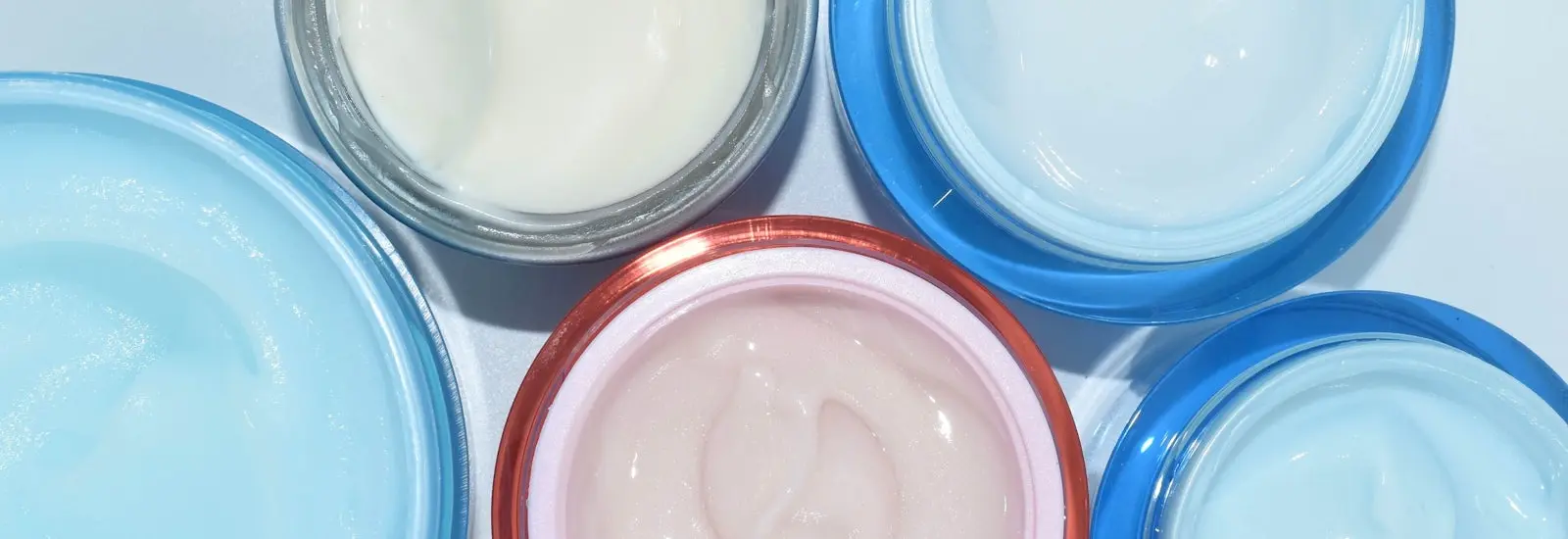What is Cetyl Alcohol?
Cetyl alcohol, also known as 1-hexadecanol or palmityl alcohol, is a long-chain alcohol with 16 carbon atoms. What does that mean? Let's get scientific for a moment (don't worry — it's fun!).
To start, not all alcohols are alike. Fatty alcohols such as cetyl alcohol are different from astringent alcohols such as ethanol, which can cause dryness and irritation. These are the alcohols you might associate with hand sanitizer or harsh facial toner. Fatty alcohols, on the other hand, are gentle and non-drying.
For instance, studies show no evidence of irritation or sensitization with product formulations containing up to 8.4% cetyl alcohol. Unlike drying alcohols that strip your skin of natural oils, cetyl alcohol helps maintain your skin's moisture balance. This makes it suitable for many formulations, including face creams and body lotions, and skin types, including dry and sensitive skin.
This ingredient also acts as an emulsifier, helping blend ingredients that would otherwise separate when mixed. Additionally, its waxy texture at room temperature enhances products' texture and stability. Regulatory bodies such as the U.S. Food and Drug Administration classifies cetyl alcohol as safe in cosmetic and food products.
What are the uses of Cetyl Alcohol?
So, what is cetyl alcohol used for? You can find this ingredient in many products, including industrial lubricants, food products and over-the-counter skin protectants for poison ivy and bug bites. Cetyl alcohol is also a natural multitasker in the skincare and haircare world. Here's why.
Emulsifies formulas
One of cetyl alcohol's most important roles is as an emulsifier. Beauty products often contain both water- and oil-based ingredients, and oil and water don't mix well. Cetyl alcohol helps blend these ingredients, creating a stable mixture. This ensures your lotion or hair conditioner doesn't separate into distinct layers, providing consistent benefits from the first use to the last.
Improves texture
Ever wondered how your favorite moisturizer achieves that perfect creamy texture? Cetyl alcohol is often the answer. Its waxy texture at room temperature gives products a rich, luxurious feel without making them too heavy or greasy. This also helps products spread smoothly and evenly on the skin, making them easier and more enjoyable to apply.
Guards skin's moisture
How is cetyl alcohol good for skin, you ask? One of the standout uses of cetyl alcohol is its emollient properties. As a moisturizer, this ingredient forms a protective barrier on the skin's surface, preventing moisture loss and shielding it from environmental stressors, like pollution, wind and heat. By doing so, cetyl alcohol helps reduce the appearance of flakiness, roughness and irritation, leaving your skin feeling smooth and supple.
Smooths and softens hair
Cetyl alcohol isn't just for skincare — it's also fantastic in haircare products. Cetyl alcohol in conditioners and detanglers smooths and softens hair fibers, making your hair more manageable and easier to style. In shampoos, it thickens formulas to make them more pleasant to use. Cetyl alcohol can also help add shine and improve your hair's overall appearance, giving it a healthy, glossy finish.
Where does Cetyl Alcohol come from?
Cetyl alcohol has a fascinating history that dates back to the early days of modern chemistry. In 1817, French chemist Michel Eugène Chevreul first identified cetyl alcohol by extracting it from spermaceti, a waxy substance found in the heads of sperm whales. However, no whales are harmed in the production of cetyl alcohol today!
Today, most cetyl alcohol comes from plant oils — primarily coconut and palm oils. Manufacturers can also produce synthetic cetyl alcohol that mimics its natural properties, ensuring consistency and stability.
How to incorporate Cetyl Alcohol into your routine
As a multitasking ingredient, cetyl alcohol can transform your skincare and haircare experience, from enhancing hydration to smoothing product texture and evening ingredient distribution. Check your beauty products' labels for cetyl alcohol. Unlike some ingredients, cetyl alcohol is straightforward to identify. Its position on the ingredient list indicates its concentration: higher up means more, while lower down means less. Here's how to make the most of this versatile ingredient.
Use a nourishing moisturizer
If you have dry or sensitive skin, cetyl alcohol is your knight in shining armor. Reap its benefits and then some with moisturizers like Neutrogena Healthy Skin® Anti-Aging Perfector and Neutrogena® Hydro Boost Water Cream. In these and similar products, cetyl alcohol improves texture, helps bind water to the skin and prevents dryness.
Apply sunscreen
Cetyl alcohol enhances sunscreen's spreadability, ensuring even application and minimizing common concerns like white cast and streaking. This results in better coverage, which means more effective sun protection. It also helps stabilize oil-in-water emulsions like Neutrogena® Purescreen+™ Mineral Beach Defense™ Active Performance Body Lotion Sunscreen, maintaining its effectiveness and consistency over time.
Layer wisely
Pro tip: Layer a light cetyl alcohol-based moisturizer under your sunscreen to provide a hydrating base. This helps keep your skin moisturized throughout the day and boosts protection against environmental stressors by supporting skin barrier health.
Try a haircare product
Try cetyl alcohol for hair. Shampoos, conditioners and detanglers containing cetyl alcohol smooth and soften hair fibers. This is especially advantageous if you have long, curly or coarse hair, as it aids in detangling and reduces breakage. Cetyl alcohol's unique texture also ensures products like leave-in conditioners and styling creams spread evenly, boosting the hair's natural shine for a healthier, more vibrant look.
Consider rinse-off and leave-on products
Cetyl alcohol works well in both rinse-off and leave-on products. In rinse-off products like cleansers, scrubs and shampoos, it stabilizes formulas without stripping the skin's natural oils. For instance, Neutrogena Deep Clean® Gentle Scrub uses cetyl alcohol to provide a gentle yet effective cleansing experience.
In leave-on products such as moisturizers, creams, serums, sunscreens and leave-in conditioners, cetyl alcohol offers long-lasting hydration and a smooth texture. Products like Neutrogena® Hydro Boost Whipped Body Balm leverage cetyl alcohol to maintain skin moisture throughout the day, ensuring your skin stays hydrated and soft.
So, next time you see cetyl alcohol on an ingredient list, you'll know why it's a go-to for smooth, hydrated skin and manageable, shiny hair!
From protecting the skin's dynamic barrier to boosting underlying cellular activity, as a brand, Neutrogena® offers dermatologically and clinically tested solutions to deliver products that boost skin's vital functions from the inside out and the outside in. When your skin's vitals are at their best, your skin is full of life.





